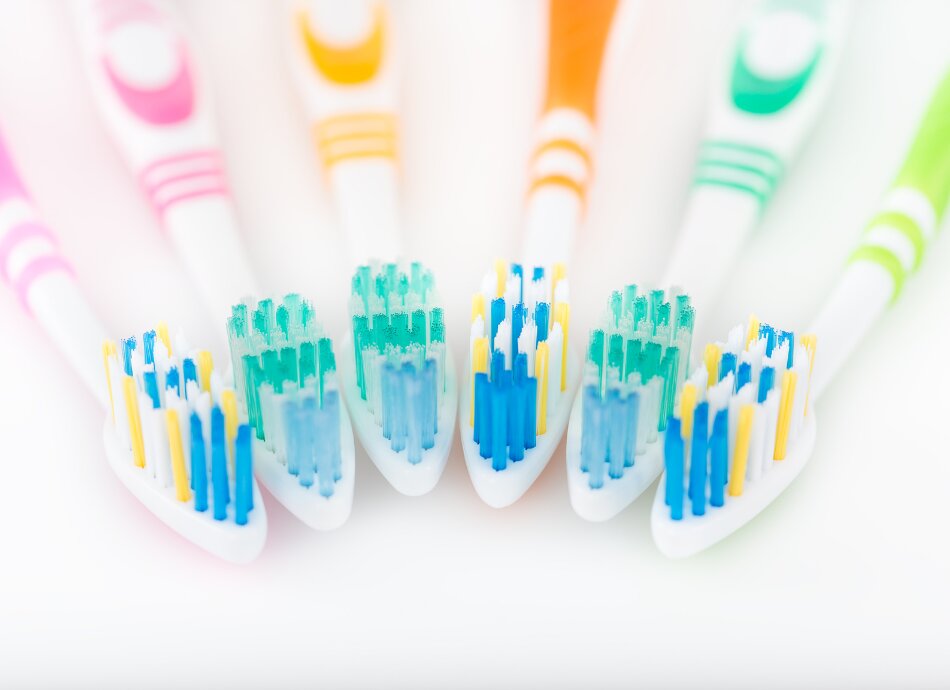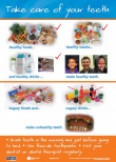It’s really important to brush your teeth twice a day. Choose a soft toothbrush that fits your mouth, so you can reach to the back of the last molar easily.
An electric toothbrush can be a great alternative to a manual toothbrush for children, people with disabilities, older adults and people with other conditions like arthritis that make it difficult to brush well.
Use the following tips to make your brushing more effective.
- Use a fluoride toothpaste, which helps to protect teeth from decay.
- Start in the same part of your mouth every time and follow the same pattern – that way you are less likely to miss anything.
- When brushing the outside and inside surfaces of your teeth, hold your toothbrush at a 45-degree angle, pointing towards the gums.
- Brush each tooth individually, with a short back and forward stroke.
- Brush the biting surface of your teeth as well – food can get stuck in the ridges and cause dental decay.
- Use the tip of your toothbrush to clean the inside of your front teeth (incisors).
- Brush your teeth for at least two minutes – if you finish sooner, go back and start again!








